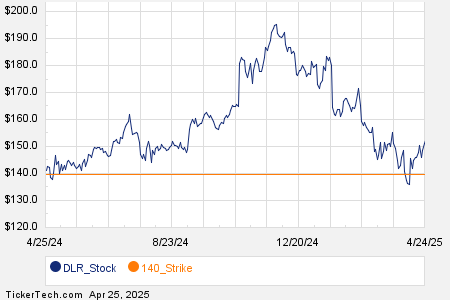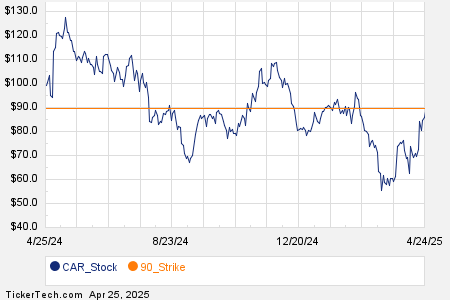
24K-Production
After an arduous and protracted battle, the U.S. Securities and Exchange Commission (SEC) made the historic decision to approve spot Bitcoin (BTC-USD) exchange-traded funds (ETFs) on Wednesday. This approval effectively ends a string of unyielding rejections that have spanned several years.
Commissioner Hester Peirce, an advocate for the approval, lauded the applicants for their unwavering persistence in navigating the Commission’s persistent obstruction. She expressed her commendation for their decade-long tenacity in pushing for the approval of spot Bitcoin ETFs despite facing formidable hurdles.
She also highlighted the Commission’s reluctance in embracing spot Bitcoin ETFs in the past, despite other Bitcoin-based products having traded on regulated U.S. exchanges for numerous years. In a statement, she conveyed her dissatisfaction with the Commission’s longstanding refusal to allow spot Bitcoin ETPs into the U.S. markets, a sentiment echoed by many in the cryptocurrency sector.
Commissioner Mark Uyeda, while concurring with the approval of the ETF applications, articulated three significant concerns regarding the SEC’s approval order. These included the application of the “significant size” test to spot Bitcoin ETPs, the introduction of a novel standard for approval, and the apparent motive behind accelerating the approval to prevent a first-mover advantage among spot Bitcoin ETPs.
On the dissenting side, Caroline Crenshaw, a fellow commissioner at the SEC, criticized the commission’s actions as “unsound and ahistorical.” She expressed apprehension that the SEC’s decision may compromise investor protection, asserting that these actions might lead to a wayward path detrimental to both statutory and foundational investor protection mandates.



